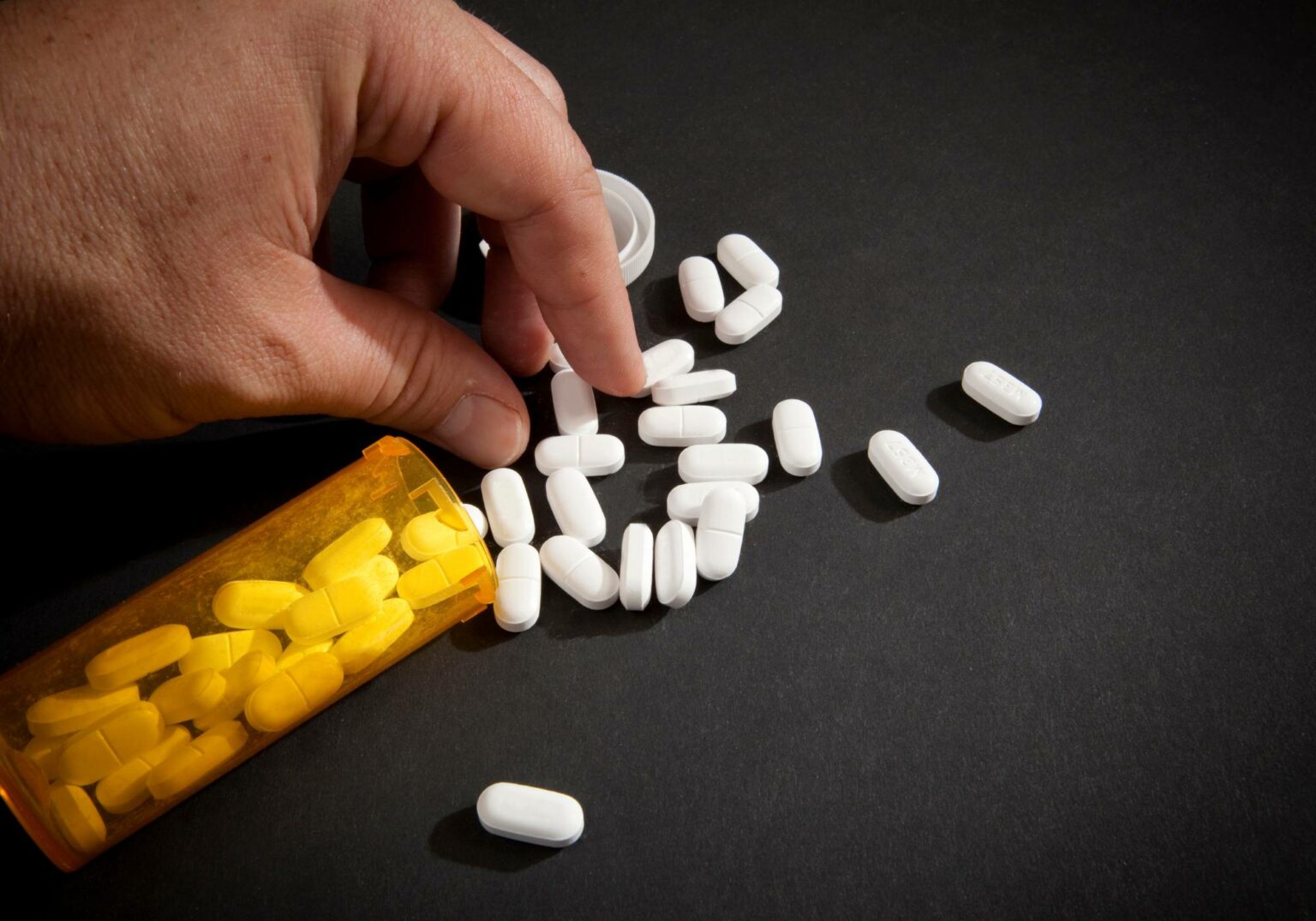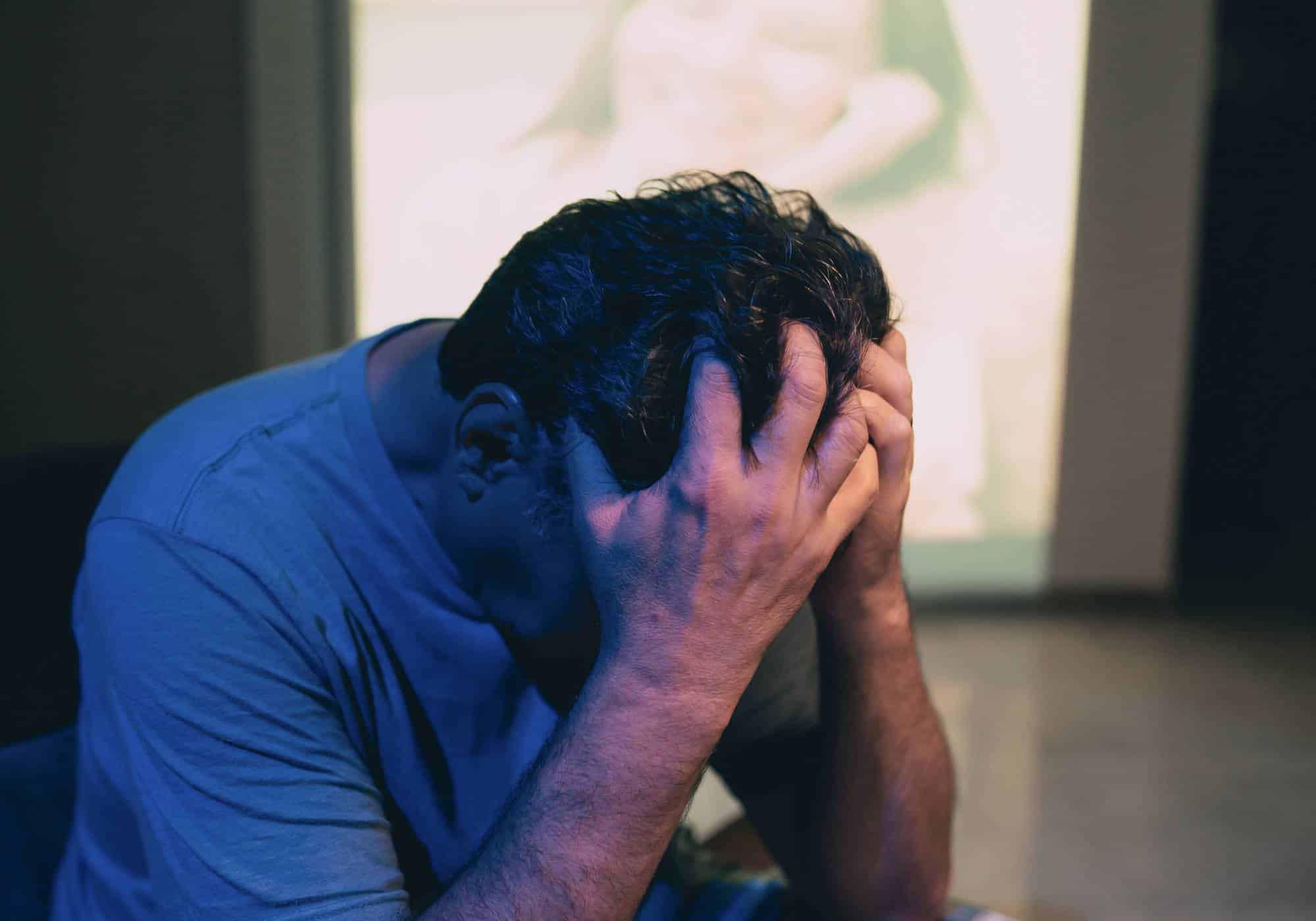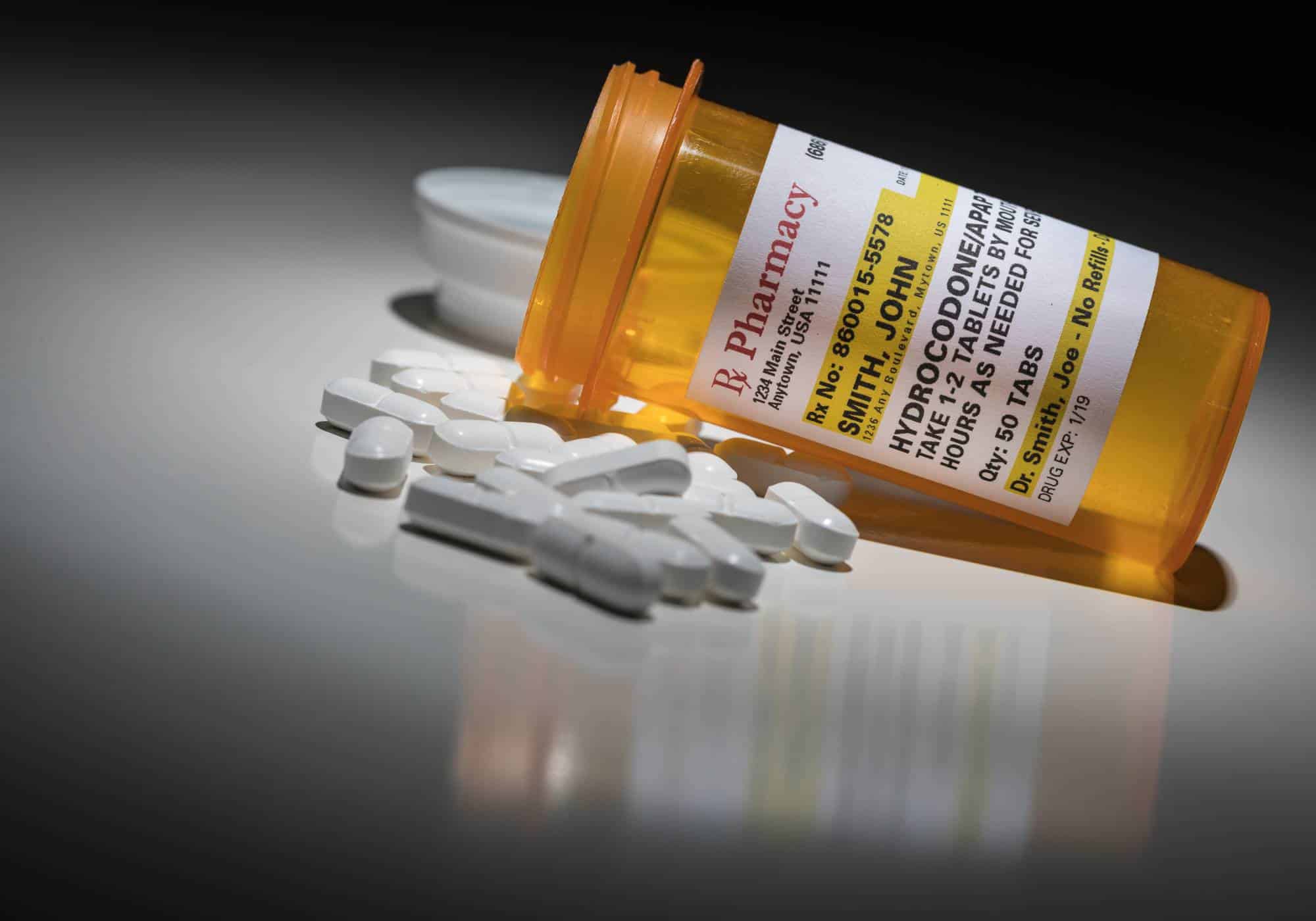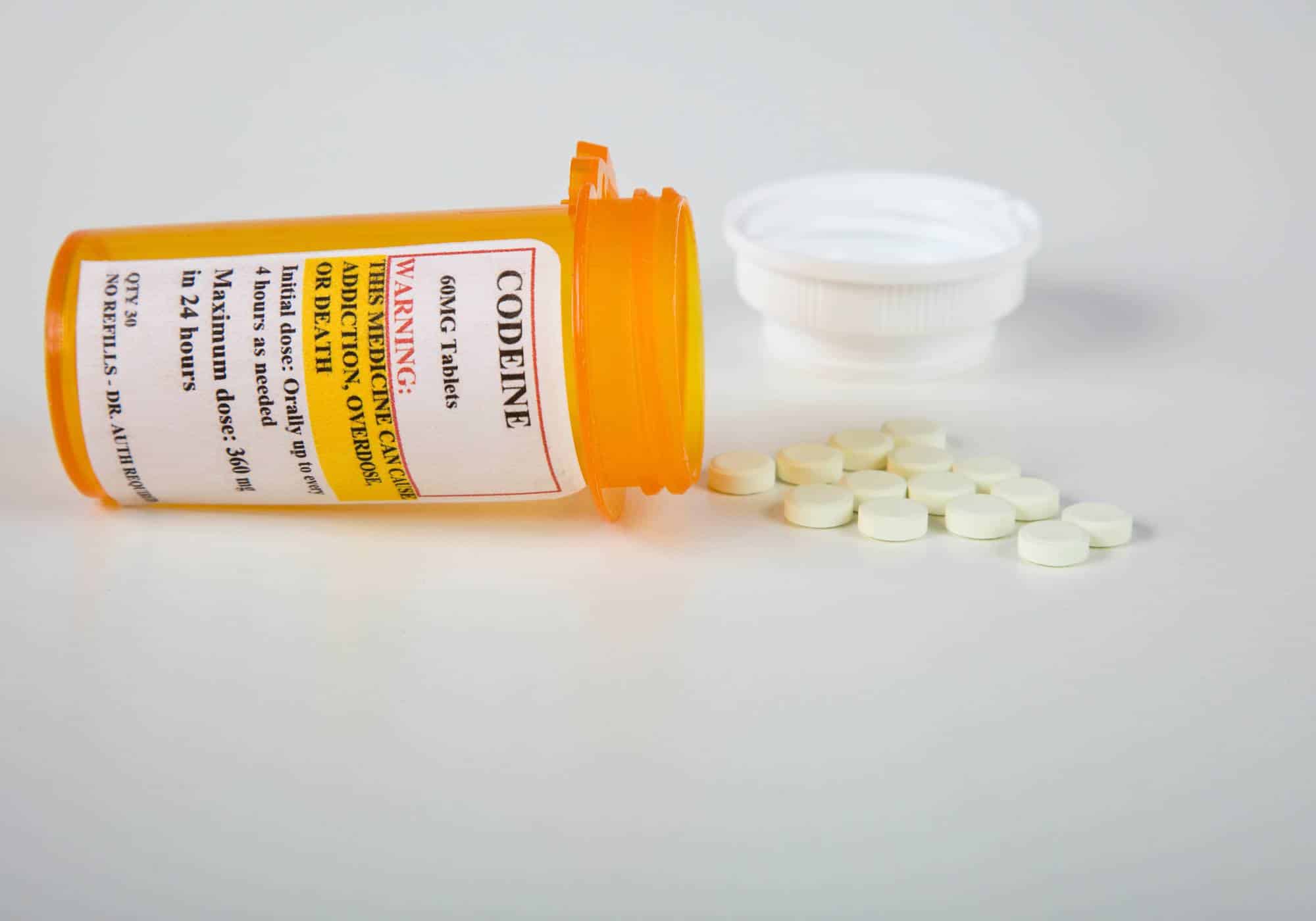Vicodin, a prescription painkiller composed of hydrocodone and acetaminophen (the active ingredient in Tylenol), carries a high risk of addiction despite its legitimate medical uses. Primarily utilized for pain relief, including anesthesia, Vicodin combines the opioid pain reliever hydrocodone with a non-opioid pain reliever available over the counter. Although intended for controlled use, the addictive nature of hydrocodone makes Vicodin particularly susceptible to dependency.
Even when taken as prescribed, the path to addiction can begin subtly—perhaps taking a little extra in anticipation of pain, or opting for a full dose when over-the-counter medication might suffice. Over time, this can lead to usage without medical necessity, signaling a dependency on the drug. Given its potency, addiction to Vicodin can develop swiftly.
Our Vicodin addiction treatment program in Atlanta, GA, addresses patients grappling with the long-term effects of Vicodin abuse. Learn more about how even prescribed use can lead to addiction and explore our evidence-based treatment options for overcoming opioid use disorder.
What is Vicodin?
Vicodin is a prescription pain medication that combines hydrocodone, an opioid, with acetaminophen, a non-addictive pain reliever. This potent medication is often prescribed for moderate to severe pain, ranging from acute injury pain to chronic conditions. While hydrocodone acts on the brain’s opioid receptors to reduce pain perception, it also stimulates the brain’s reward areas, leading to feelings of euphoria. Acetaminophen enhances the pain-relieving effects but does not contribute to the addiction potential.
Classified as a Schedule II drug by the Drug Enforcement Administration, Vicodin has a high potential for abuse and dependence, similar to other opioids like methadone, oxycodone, and fentanyl. Its use can lead to significant psychological and physical dependence. The effects of Vicodin, while pain-relieving, also include a state of relaxation and wellbeing, sometimes causing users to feel detached from their surroundings.
The risk of addiction to Vicodin increases with misuse, such as taking higher doses than prescribed or using the drug without a prescription. People may seek it out for its euphoric effects, leading to recreational use and, eventually, Vicodin use disorder. This condition necessitates professional treatment, especially as tolerance and dependence can develop quickly, regardless of whether Vicodin is used for legitimate medical reasons or recreational purposes.
What is Vicodin Abuse?
Vicodin is recognized by the Drug Enforcement Agency (DEA) as a Schedule II controlled substance, a status it was assigned in October 2014 due to its high potential for abuse. This reclassification from Schedule III was part of an effort to tighten regulations to prevent misuse and protect individuals prescribed Vicodin. Abuse of Vicodin is defined as using the drug without a prescription or in ways not directed by a healthcare provider.
A significant risk of Vicodin misuse is liver damage or failure, primarily due to the acetaminophen component. Cases of liver damage are typically linked to consuming doses exceeding 4,000 mg of acetaminophen daily. In response to these risks, the FDA, in March 2014, mandated that manufacturers limit the acetaminophen content in these medications to 325 mg per dosage unit, a reduction from previous formulations that could contain between 500 to 750 mg. This measure aims to mitigate the risk of liver damage among users.
Is Vicodin Addictive?
In 2014, the U.S. Drug Enforcement Agency (DEA) reclassified Vicodin as a Schedule II controlled substance, up from Schedule III. This change reflects the recognized potential for abuse and addiction associated with Vicodin and other hydrocodone-containing combination medications.
Prolonged use of Vicodin can lead to increased tolerance, where more of the drug or more frequent doses are needed to achieve the same effects initially provided by the medication. This pattern can quickly evolve into physical dependence, characterized by severe withdrawal symptoms if Vicodin use is abruptly discontinued. Such dependence is often a precursor to opioid use disorder—a chronic, relapsing brain disease marked by compulsive opioid use despite harmful consequences.
Addiction to Vicodin, or opioid use disorder, involves more than just physical dependence. It’s a complex condition described in the DSM-5-TR, encompassing a range of behavioral symptoms and requiring comprehensive treatment. Effective management of Vicodin addiction typically involves medication-assisted treatment (MAT) and behavioral therapies like psychotherapy and counseling, which have been shown to produce beneficial results.
Challenges of Vicodin Addiction
Over time, regular Vicodin use can lead to tolerance, meaning users need higher doses or more frequent use to achieve the same pain-relieving effects. This escalation often spirals into addiction, prompting individuals to engage in various risky behaviors to obtain the drug.
Individuals grappling with Vicodin addiction might find themselves:
- Altering or forging doctors’ prescriptions.
- Calling pharmacies under false pretenses to obtain more of the drug.
- Visiting multiple doctors to get additional prescriptions, known as “doctor shopping.”
Moreover, there exists a robust black market for Vicodin, involving everything from street-level dealers to medical professionals engaged in illegal distribution. This environment complicates the issue further, as it provides easier access to the drug outside of legal medical channels.
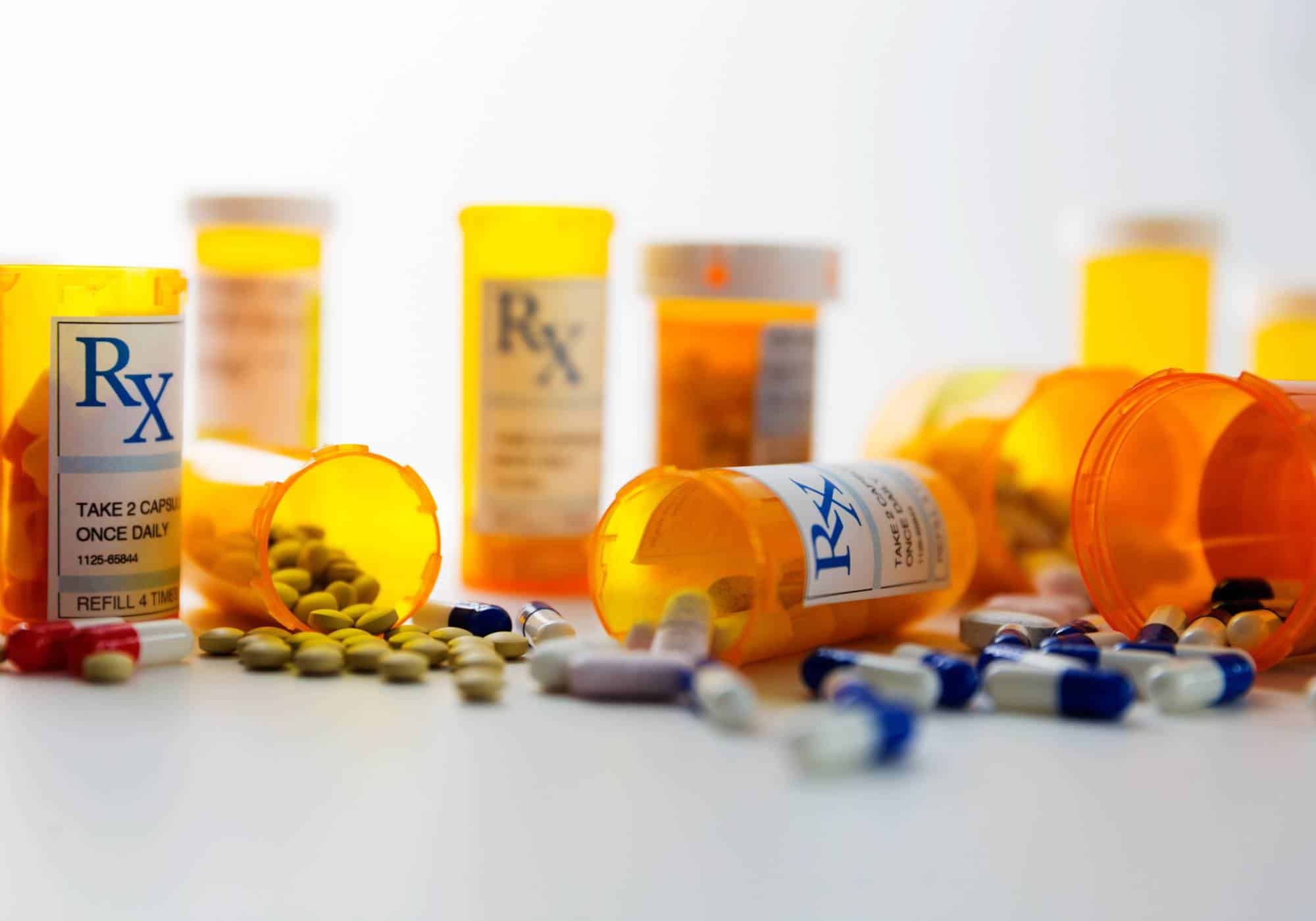
Signs of Vicodin Addiction
Vicodin addiction is a serious chronic condition that can profoundly impact all areas of life, distinguishing itself from mere dependence through the compulsive need to continue using the drug. If you’re concerned about Vicodin usage, either for yourself or someone close to you, recognizing the signs of addiction can be crucial.
Signs of a Vicodin addiction include:
- Misrepresenting pain levels or symptoms to acquire more Vicodin.
- Doctor shopping to obtain multiple prescriptions.
- Frequently claiming that prescriptions have been lost or stolen to get new ones.
- Rapidly depleting Vicodin prescriptions.
- Combining Vicodin with other substances to enhance effects.
- Conflict with family or friends over drug use.
- Financial behavior changes, such as borrowing or stealing money to purchase Vicodin.
- Taking Vicodin or other opioids without consent from others.
- Experiencing withdrawal symptoms when attempting to quit.
- Ignoring personal and professional responsibilities.
- Denial of the addiction problem.
Understanding these signs is the first step towards addressing Vicodin addiction and seeking appropriate treatment.
How Addictive is Vicodin?
Vicodin’s potential for addiction primarily stems from its hydrocodone component, which is an opioid. Hydrocodone acts by binding to receptors in the brain and body, not only alleviating pain but also inducing euphoria. This pleasurable effect can lead to physical dependence and, over time, addiction.
Factors Influencing A Risk for Vicodin Addiction:
- Duration of Use: Prolonged use of Vicodin increases the likelihood of developing dependence and addiction.
- Dosage: Higher doses of Vicodin are associated with an elevated risk of becoming addicted.
- Method of Use: Altering the drug’s form, such as by crushing and snorting it, can enhance its effects and the risk of addiction.
- Individual Susceptibility: Genetic predisposition, existing mental health issues, and a personal or family history of substance abuse also significantly contribute to the risk of addiction.
Recent statistics from the 2021 National Survey on Drug Use and Health (NSDUH) reveal that among the 5 million U.S. adults who reported using prescription painkillers like Vicodin, approximately 2.6 million were diagnosed with an opioid use disorder within the same year. This data underscores the critical need for awareness and cautious management of Vicodin use to prevent addiction and support those who may be vulnerable.
Side Effects of Vicodin Abuse
Vicodin, a prescription painkiller, often induces a sense of relaxation and euphoria in users. However, its misuse can lead to a range of both immediate and long-term side effects that compromise mental and physical health.
Short-Term Effects of Vicodin Abuse:
- Drowsiness and blissful feelings
- Confusion and difficulty concentrating
- Anxiety and paranoia
- Depression and irritability
- Memory issues and impaired judgment
- Physical symptoms like muscle weakness, dizziness, headaches, dry mouth, and gastrointestinal discomfort such as nausea, vomiting, and constipation
- Respiratory problems including slow heart rate and shallow breathing
Long-Term Effects of Vicodin Abuse:
Over time, the continuous abuse of Vicodin necessitates increasing dosages to achieve the same effects, escalating the risk of severe side effects and overdose. Vicodin is frequently cited by the CDC as one of the leading prescription medications involved in overdose deaths. Moreover, the acetaminophen in Vicodin poses a risk of liver damage when consumed in excessive amounts or over prolonged periods.
There’s also the danger of progressing to harder substances; individuals unable to obtain Vicodin may turn to illicit opioids such as heroin or fentanyl, significantly increasing the risk of fatal overdose.
The risks associated with Vicodin abuse underline the importance of seeking help for addiction. If you or someone you know is struggling with Vicodin use, it’s crucial to pursue professional treatment to address both the substance use and any underlying issues. Early intervention can prevent the escalation of use and the shift towards more dangerous substances, paving the way for recovery and a healthier life.
Causes and Risk Factors for Vicodin Abuse
Vicodin abuse can stem from a complex interplay of genetic and environmental factors that contribute to the development of a Vicodin use disorder. Understanding these factors is crucial for preventing abuse and providing targeted interventions.
Genetic Influences:
Research suggests that genetics play a significant role in an individual’s susceptibility to Vicodin abuse. Those with a family history of opioid addiction are statistically more likely to struggle with similar issues. The American Psychiatric Association also highlights that innate personality traits such as novelty-seeking and impulsivity, which are hereditary, can predispose individuals to substance abuse.
Key Risk Factors:
- Family History: A family background of Vicodin or other opioid addictions increases the risk.
- Substance Abuse History: Personal past experiences with substance abuse amplify the likelihood of Vicodin misuse.
- Environmental Exposure: Regular exposure to Vicodin or other opioids, whether through medical prescriptions or recreational use within one’s social environment, heightens risk.
- Accessibility: Easy access to Vicodin, whether through prescriptions or other means, can facilitate misuse.
- Personality Traits: Traits such as impulsivity or a penchant for seeking new experiences can make one more vulnerable to experimenting with and abusing substances like Vicodin.
- Medical Need: Individuals prescribed Vicodin for legitimate medical reasons, such as pain management, may also be at risk if not carefully monitored.
These factors contribute to a deeper understanding of why some individuals may be more prone to developing Vicodin addiction. Recognizing and addressing these risks early is essential in preventing the escalation of use and managing potential abuse effectively.

Vicodin Withdrawal
Discontinuing Vicodin suddenly can lead to a challenging withdrawal period as the body adjusts to the absence of the drug. Withdrawal symptoms can range from uncomfortable to severely painful, including:
- Muscle aches
- Nausea and vomiting
- Excessive tear production
- Frequent yawning
- Fever
- Insomnia
- Diarrhea
- Sweating
- Pupil dilation
- Mood swings, often feeling low or unhappy
Vicodin Overdose
An overdose of Vicodin occurs when the drug is consumed in quantities that exceed what the body can safely process. As dependence develops, users may inadvertently increase their dosage, escalating the risk of overdose. Prompt medical intervention is crucial to address and mitigate serious health complications. Symptoms of a Vicodin overdose include:
- Dizziness and confusion
- Excessive sleepiness
- Severe headaches
- Slurred or altered speech patterns
- Difficulty breathing
- Seizures
- Cold, clammy skin
Both Vicodin withdrawal and overdose present significant health risks. Individuals experiencing these symptoms should seek immediate medical attention to manage the effects safely and effectively.
Vicodin Addiction Treatment
Addressing Vicodin addiction begins with detox to eliminate the drug from your system. Given the potential severity of withdrawal symptoms, seeking help at a specialized treatment center is recommended. Detox provides a clinical environment where medical professionals supervise and ease the withdrawal process using medication-assisted treatment. This support is crucial for managing symptoms safely and focusing on recovery.
Once detox is complete, the next crucial step is mental and emotional rehabilitation. This phase addresses the behavioral patterns and psychological factors that contributed to the addiction. At Hope Harbor Wellness, we delve into the root causes of your Vicodin addiction, including any accompanying mental health issues.
Our approach includes therapies such as Cognitive Behavioral Therapy (CBT), which is highly effective in treating opioid addiction. CBT helps individuals develop strategies to cope with life’s stressors without resorting to Vicodin. It also provides tools for managing physical pain in healthy, drug-free ways. Our goal is to equip you with the skills necessary for a sustained recovery and a return to well-being.
Vicodin Addiction Treatment at Hope Harbor Wellness
Located in the serene suburbs of Atlanta, Hope Harbor Wellness is your ally in the fight against Vicodin addiction in Atlanta. Our drug rehab center is dedicated to holistic recovery is ideally situated to offer you the support you need.
Our compassionate outpatient program collaborates with top-tier medical Vicodin detox facilities, ensuring a safe and effective detox process. Once free from addictive substances, you can seamlessly transition into one of our specialized outpatient treatment programs at Hope Harbor Wellness, designed to address substance use disorders:
- Outpatient Rehab: A flexible program tailored to fit into your daily life.
- PHP (Partial Hospitalization Program): Offers a structured yet non-residential approach to treatment.
- IOP (Intensive Outpatient Program): Provides more intensive care while allowing you to maintain daily responsibilities.
- Dual Diagnosis Treatment Program: Caters to those with co-occurring mental health disorders.
Our drug addiction treatment programs incorporate a variety of interventions:
- MAT (Medication-Assisted Treatment): Utilizes medications to ease withdrawal symptoms and cravings.
- Psychotherapy: Addresses underlying psychological aspects of addiction.
- Group Therapy: Offers peer support and shared learning experiences.
- Individual Counseling: Provides personalized guidance and support.
- Family Therapy: Helps heal and strengthen family relationships.
- Holistic Therapies: Focuses on overall well-being, including physical, emotional, and spiritual health.
- Aftercare: Ensures ongoing support post-treatment.
Embark on your journey from addiction to recovery with Hope Harbor Wellness. Trust in our dedicated team to guide you every step of the way. For more information or to start Vicodin addiction treatment in Atlanta, GA, call our admissions team at 678-605-9725.


